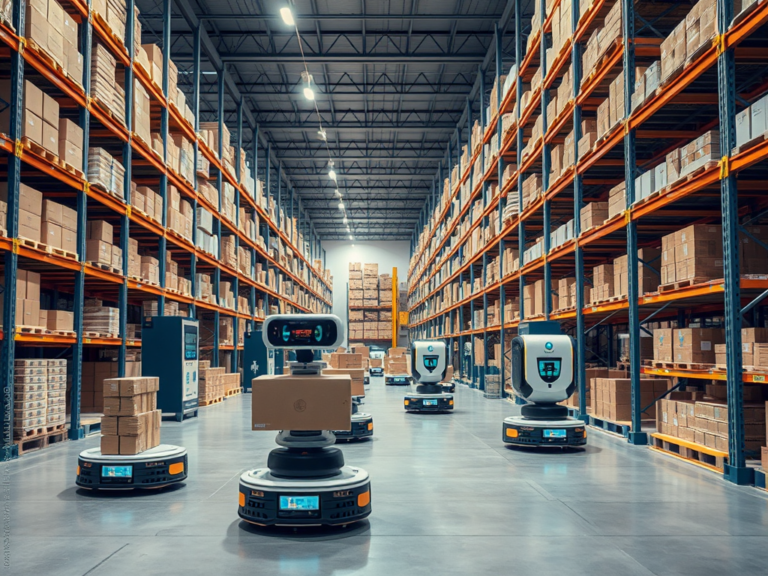The advent of 5G technology is revolutionizing industries worldwide, and Dubai is no exception. As one of the leading business hubs in the Middle East, Dubai is poised to benefit immensely from the increased speed, connectivity, and efficiency that 5G offers. This article explores how 5G technology is transforming businesses in Dubai, enhancing operational capabilities, and driving innovation across various sectors. With faster internet speeds, lower latency, and the ability to connect a vast number of devices, the opportunities for businesses are expansive. Let’s delve into the significant impacts that 5G technology is having on Dubai’s business landscape.
Enhanced Connectivity and Speed

One of the most significant advantages of 5G technology is its enhanced connectivity and superior speeds compared to previous generations. This technological leap offers businesses in Dubai the chance to improve their operational efficiency dramatically. With download speeds reaching up to 10 Gbps, businesses can transfer large amounts of data in real-time, allowing for smoother operations and quicker decision-making processes. The ultra-reliable low-latency communication (URLLC) provided by 5G makes it possible for industries such as financial services to execute transactions almost instantaneously. Additionally, the increased capability to support a greater number of connected devices enables businesses to expand their Internet of Things (IoT) applications, leading to smarter and more interconnected operations.
5G technology is propelling significant transformations across various industries in Dubai. Several sectors are particularly poised to benefit, including:
- Healthcare: 5G enables remote surgeries and telemedicine, allowing healthcare professionals to provide services and consultations from anywhere.
- Retail: Businesses can enhance customer experiences through augmented reality (AR) and virtual reality (VR) applications, making shopping more interactive.
- Logistics: The ability to track shipments in real-time results in more efficient supply chains and inventory management.
- Smart Cities: 5G technology supports smart city initiatives that improve urban living through connected infrastructure.
- Entertainment: Instant streaming and immersive experiences are now possible, driving growth in media and entertainment sectors.
This transformation highlights the importance for businesses to adopt 5G technology to remain competitive in a rapidly evolving market. As Dubai strives to become a tech hub, the integration of 5G technology across various sectors will be pivotal in driving economic growth and attracting foreign investment.
Boosting Innovation and Collaboration
With the implementation of 5G technology, the landscape for innovation and collaboration among businesses in Dubai is changing significantly. Access to high-speed internet and exceptional network capabilities means that teams can collaborate seamlessly, regardless of their physical location. This can result in enhanced productivity and encourages a more agile work environment. Furthermore, 5G fosters innovation by allowing businesses to experiment with new technologies such as AI, machine learning, and data analytics.
In addition, 5G enables more robust partnerships among businesses and start-ups by providing them with the tools to leverage shared resources. The establishment of innovation hubs and co-working spaces in Dubai allows businesses to collaborate on cutting-edge projects, spurring creativity and accelerating time-to-market for new products and services.
Challenges and Considerations
While the benefits of 5G technology are numerous, businesses in Dubai must also consider some challenges associated with its implementation. These include:
- Cost of Implementation: Transitioning to 5G requires significant investment in infrastructure and technology.
- Cybersecurity Risks: With increased connectivity comes heightened cyber threats, necessitating robust security measures.
- Regulatory Compliance: Businesses must navigate regulatory frameworks that govern the use of 5G technology.
- Skill Gaps: There is a need for skilled professionals who can manage and operate advanced 5G systems.
Addressing these challenges requires strategic planning, stakeholder engagement, and investment in workforce development to leverage the full potential of 5G technology.
Conclusion
In conclusion, the adoption of 5G technology in Dubai presents incredible opportunities for businesses to enhance operational efficiency, foster innovation, and drive collaborative efforts across diverse sectors. By embracing this technological advancement, companies can improve their responsiveness to market demands and better serve their customers. However, it is crucial for businesses to address the associated challenges to successfully leverage the advantages of 5G. As Dubai continues to embrace digital transformation, the era of 5G is set to play a pivotal role in shaping the future of business in this vibrant city.
Frequently Asked Questions
1. What is 5G technology?
5G technology is the fifth generation of mobile network connectivity, offering faster speeds, lower latency, and the ability to connect a larger number of devices simultaneously compared to its predecessors.
2. How can 5G benefit businesses in Dubai?
Businesses in Dubai can benefit from 5G through enhanced connectivity, improved productivity, reduced latency for real-time applications, and the ability to integrate advanced technologies like IoT and AI.
3. What industries in Dubai are likely to be affected by 5G?
Key industries likely to be affected by 5G technology in Dubai include healthcare, retail, logistics, smart city initiatives, and entertainment.
4. What challenges do businesses face with the transition to 5G?
Challenges include the cost of implementation, cybersecurity risks, regulatory compliance, and the need for skilled professionals to manage 5G technology.
5. Is 5G technology secure for businesses to adopt?
While 5G does present enhanced cybersecurity risks, implementing robust security measures and adhering to best practices can help businesses mitigate these threats effectively.








